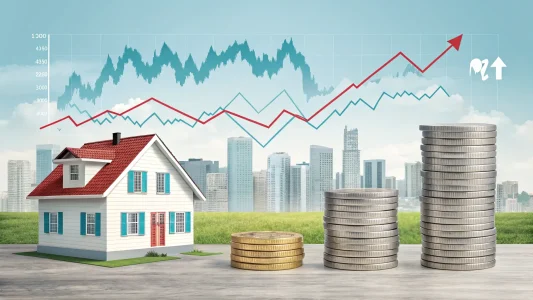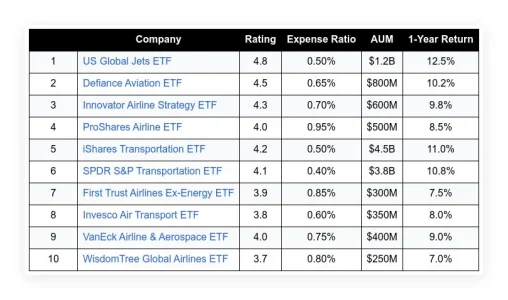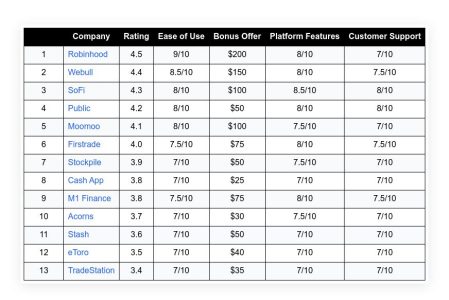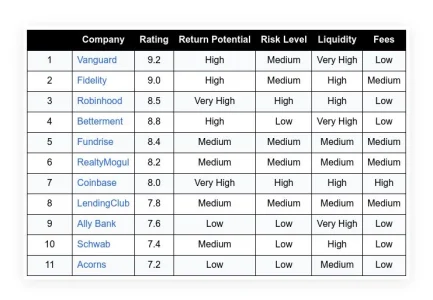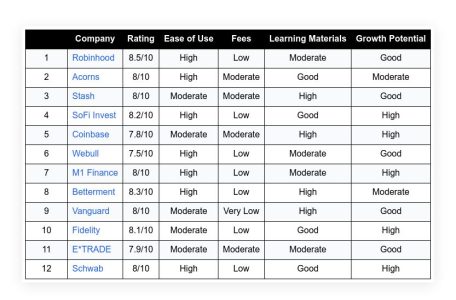This week brings several events that could shift economic trends and impact global affairs. In my analysis, I discuss three major developments: a high-profile meeting aimed at resolving Eastern European conflict, an influential speech by the Federal Reserve’s chair, and key retail earnings releases. Each event holds the potential to influence both the financial markets and consumers, drawing attention from investors and everyday citizens alike.
Table of Contents
ToggleGlobal Peace Talks and Shifting Borders
The first event centers on international diplomacy and the fragile balance in Eastern Europe. Recently, significant talks have taken place in Washington, D.C., where leaders gathered to secure peace in a region long troubled by conflict. This meeting brought together former President Trump, Ukrainian President Volodymyr Zelensky, and various European dignitaries.
During the discussions, the possibility of redrawing international borders emerged as a controversial topic. Reports indicate that Ukraine might agree to give up some territory in exchange for peace with Russia. Such a move could have long-term effects on the region, potentially creating a new geopolitical landscape. Observing these developments, I could not ignore the weight of this decision on both national pride and regional stability. There is much to consider when territorial adjustments are involved, including the economic and cultural ramifications for the people on both sides of the new boundaries.
The idea of reconfiguring borders has raised questions among policy experts, international leaders, and everyday investors. What does it mean for the long-term security of Eastern Europe? How will affected communities adapt to these changes? And most importantly, how might this alteration influence global markets and investor confidence? Although negotiations are still ongoing, the mere possibility of peace accompanied by territorial concessions is bound to spark debate and reexamination of established alliances.
One might ask how the economic landscape will shift if history takes a turn based on new borders. Uncertainty in such situations often leads to volatility in the markets. Investors must be prepared for a period of adjustment as they assess the new realities of international relations. Importantly, these events serve as a poignant reminder of how deeply political decisions can impact economic stability.
View this post on Instagram
Insights from the Federal Reserve’s Upcoming Speech
The second major event is an address by the Federal Reserve’s chair, Jerome Powell, at the Jackson Hole event. This speech is eagerly anticipated by market watchers, policymakers, and investors alike. Recent inflation data has set the stage for this discussion, and many are closely watching the remarks for hints about future economic policy.
Recent statistics have shown that inflation remains a concern. Although some data points suggest a slowdown in price increases, there is still cause for caution among those watching economic trends carefully. Following these developments, Powell’s words are expected to have a ripple effect on interest rates and overall market sentiment. In this context, even a single comment may influence the actions of investors and economists who are closely monitoring developments.
There is also political pressure in the background. Influential figures, including former President Trump, are vocal about the current stance on interest rates. Their comments suggest that an examination of these policies remains a top priority for both business leaders and political insiders. Powell’s speech will likely touch on the challenges posed by persistent inflation and the impact of recent economic data on forward-looking monetary policy decisions.
This discussion at Jackson Hole serves as a barometer for economic confidence and has the potential to affect global money flows. Investors are watching every word, measuring the balance between inflation concerns and the hope for more accommodating rate policies. In my view, this speech is significant because it offers a chance to better understand whether current policies will continue or if adjustments are imminent.
While the speech does not come with immediate guarantees, its implications are far-reaching. Market participants will be catching every detail, from the tone to specific policy hints, using it as a lens through which to view the next steps in economic strategy.
Retail Earnings Under Scrutiny
The third event to pay attention to this week is the series of retail earnings reports from major companies such as Walmart, Target, Home Depot, and Lowe’s. With several retail giants scheduled to report their quarterly performance, the outcomes will shed light on how consumers are managing their budgets amid economic uncertainties driven by tariffs and other related challenges.
One notable point is that Walmart has emerged as a standout performer this year. With a track record that appears steadier than its competitors, Walmart’s performance has drawn attention from both analysts and retail investors. As these companies release their earnings, observers will be looking for signs of resilience or stress within the consumer sector. The results will likely influence market sentiment and could inform subsequent investor strategies.
There are several layers to consider in the retail earnings environment. First, the underlying consumer behavior during times of tariff impositions and economic uncertainty must be analyzed. Second, the performance of these major retailers indicates the overall health of consumer spending, a crucial element in determining future market direction. For example, if Walmart continues to show robust performance while others lag behind, it may signal a shift in consumer preference or confidence in the brand.
In addition to individual company performance, the broader story of retail health is being told through these earnings. A careful examination of factors such as same-store sales, inventory levels, and digital commerce will provide insights into whether consumers are cutting back or finding new ways to maintain their purchasing power. Each scorecard not only reflects the performance of a specific company but also contributes to a larger narrative about the state of the economy.
Investors and market watchers may use this data to fine-tune their investment approaches. When consumers face economic pressure, spending habits often change, affecting sectors that rely heavily on discretionary spending. Thus, these reports carry more weight than one might assume at first glance. The patterns seen here can serve as early indicators of shifts in local and national economic conditions.
Unpacking the Broader Implications
Each of these events provides a window into different dynamics at work in the global and domestic economy. The international talks remind us that diplomatic actions can have significant economic impact. The upcoming speech by Powell offers clear signs of how monetary policy will be shaped in response to inflation. Meanwhile, the retail earnings reports reveal the direct effects of global trade policies and economic pressures on consumer spending.
From my perspective, these events highlight the interconnected nature of modern economic trends. Changes in one sector can quickly influence another. For instance, adjustments in geopolitical boundaries or uncertainty about international agreements might lead investors to become more cautious. Similarly, shifts in monetary policy could result in broader market adjustments, affecting daily business operations and consumer behavior.
A careful observer might see this week as a turning point where politics and market economics intersect. Decisions made in international meetings, along with speech articulations at significant gatherings like Jackson Hole, carry the weight of expectation from both domestic and international audiences. The results from retail earnings not only detail company strategies but also provide a snapshot of consumer health in uncertain times.
As I followed these developments, it became clear that the coming days carry potential for both challenges and opportunities. For anyone involved in investing or simply keeping a close eye on the news, these events offer valuable clues about what may lie ahead. Despite the uncertainties, each event contributes its own unique perspective to the ongoing conversation about the future of markets and global stability.
It is important to note that while no single event guarantees a particular outcome, the cumulative effect of multiple occurrences plays a critical role. Investors, businesses, and policymakers must remain attentive to these signals. The way these events unfold could lead to subtle adjustments in strategies and priorities across various sectors.
Today’s market climate calls for an understanding of both immediate developments and their potential ripple effects. Leaders in finance and government are working to strike a balance that supports stability while encouraging growth. Close observation and thoughtful analysis of such events, as showcased this week, help build a more informed view of the current state of affairs.
Even as uncertainty continues to challenge long-standing practices, the strong participation of influential figures such as Powell and high-ranking governmental officials sends a clear message. They remind market participants that despite trying conditions, there are deliberate efforts underway aimed at steering the economic course in a stable direction.
Looking Ahead
The coming days will offer more clarity on the impact of these events. Market responses to geopolitical shifts, updates from monetary policy speeches, and fresh data from retail earnings will all contribute to our understanding of the broader economic picture.
As one examines these evolving trends, the importance of remaining adaptable becomes apparent. For investors and consumers alike, understanding these events can provide guidance on managing risk and capitalizing on emerging opportunities. Contrary to the idea that changes in any one area are isolated, these events all tie together, painting a vivid picture of systemic responses to current issues.
In conclusion, the week ahead is marked by significant events that offer multiple learning points. They provide insight into how international decisions, regulatory measures, and market performances are interlinked. Observing these factors reminds us to stay informed, as economic and political news can sometimes shift the balance between caution and optimism overnight.
Reflecting on these developments, it is clear that measured responses and informed decision-making will continue to be critical tools in navigating these times. For those who follow market movements and economic updates, it is an opportunity to reconsider strategies and plan for the challenges that lie ahead.
Frequently Asked Questions
Q: What are the main events affecting markets this week?
This week features high-level peace talks in Washington, a major speech by the Federal Reserve chair at Jackson Hole, and earnings reports from leading retail companies which together could influence global and domestic markets.
Q: How might international peace negotiations impact the economy?
Adjustments in territorial agreements, such as the discussion on giving up land, can lead to market uncertainty and shifts in international relations. This may influence investor confidence and lead to short-term economic fluctuations.
Q: Why are retail earnings significant in the current climate?
Retail earnings provide a snapshot of consumer spending and sentiment, especially during periods of economic uncertainty. The performance of major retailers can signal how well consumers are coping with tariffs and other economic challenges.









